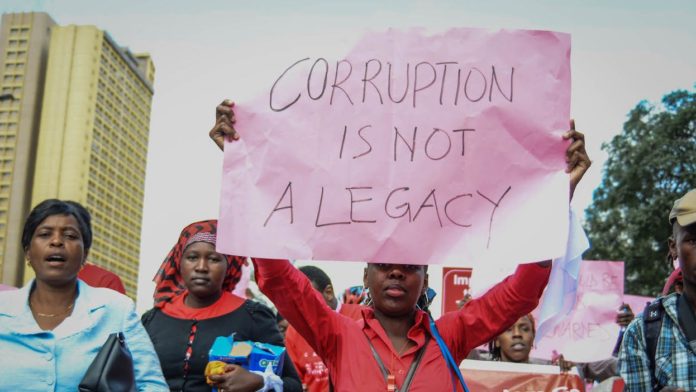By: Christian Conteh
This year’s Corruption Perceptions Index (CPI) reveals that corruption levels are at a worldwide standstill.
The CPI ranks 180 countries and territories around the world by their perceived levels of public sector corruption. The results are given on a scale of 0 (highly corrupt) to 100 (very clean).
While corruption takes vastly different forms from country to country, this year’s scores reveal that all regions of the globe are at a standstill when it comes to fighting public sector corruption.
At the top of the CPI, countries in Western Europe and the European Union continue to wrestle with transparency and accountability in their response to COVID-19, threatening the region’s clean image.
In parts of Asia Pacific, the Americas, Eastern Europe and Central Asia, increasing restrictions on accountability measures and basic civil freedoms allow corruption to go unchecked. Even historically high-performing countries are showing signs of decline.
In the Middle East and North Africa, the interests of a powerful few continue to dominate the political and private sphere, and the limitations placed on civil and political freedoms are blocking any significant progress.
In Sub-Saharan Africa, armed conflict, violent transitions of power and increasing terrorist threats combined with poor enforcement of anti-corruption commitments rob citizens of their basic rights and services.
The Gambia remained as the 102nd corrupt nation, only better than 78 countries, in a list of 180 countries gauged by Transparency International in 2021.
Marr Nyang, Executive Director of the civil society group Gambia Participates is of the view that there have not been proactive or sufficient efforts taken by the government to prevent the occurrence of corruption.
“The fact that the country scored the same points as of 2019 demonstrates that there have not been proactive or sufficient efforts taken by the government to prevent the occurrence of corruption both in the public and private sectors and then also detect and prosecute corruption cases and there has not been any law that has been legislated even though we are anticipating the next legislative assembly will pass the anti-corruption bill,” Nyang said.




